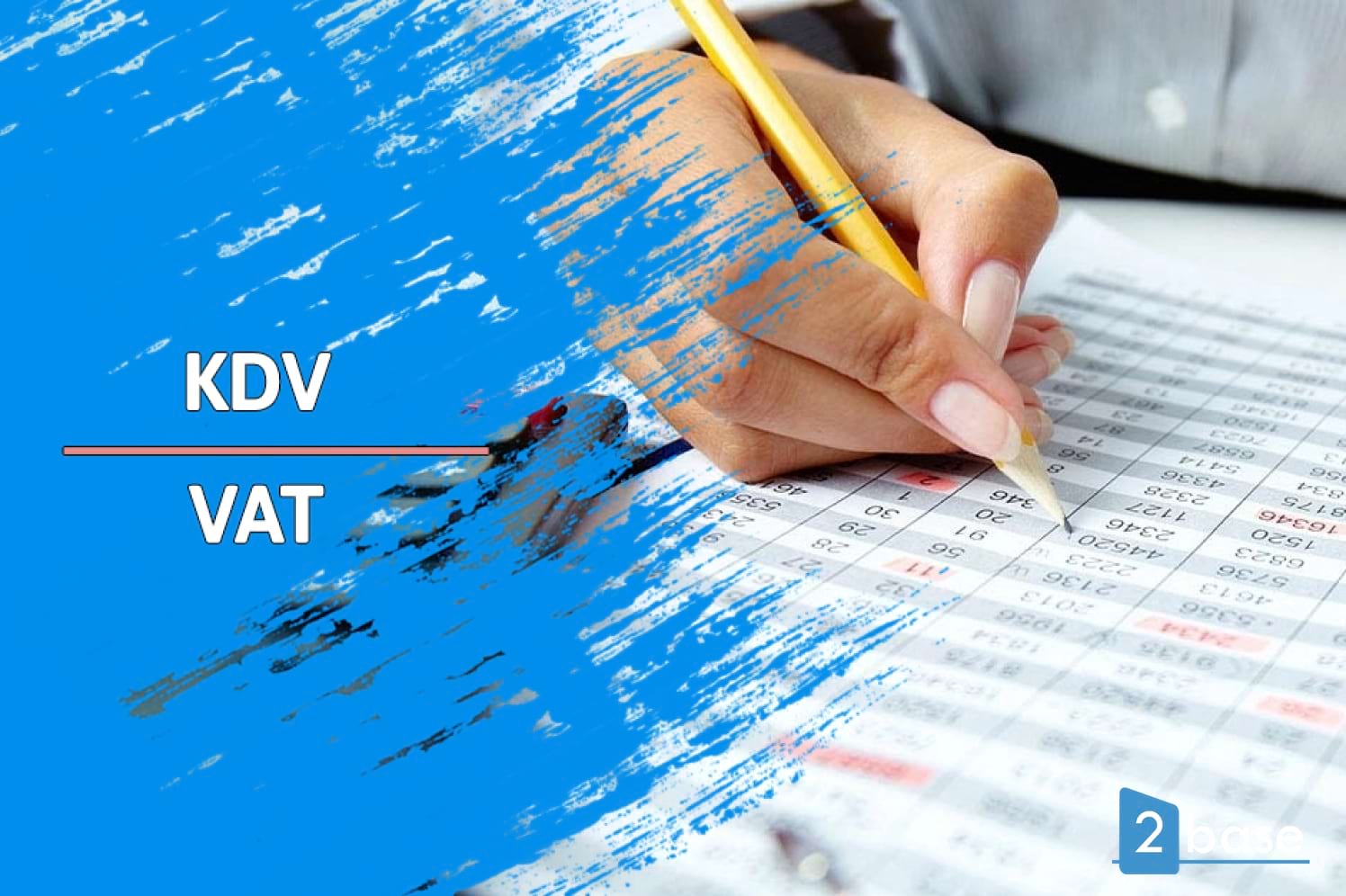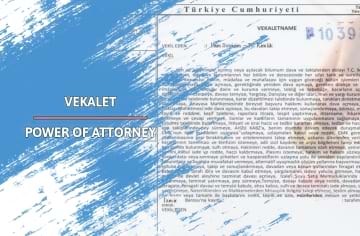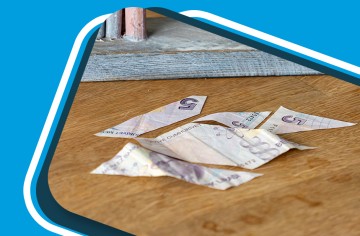
KDV (VAT) in Turkey: What property buyers need to know

KDV (Katma Değer Vergisi) is the Turkish term for Value-Added Tax (VAT). It is a consumption tax applied to most goods and services in Turkey, including real estate transactions. The rate varies depending on the type of property and its use.
For residential properties, the standard KDV rate is 1% if the property is under 150 m² and the buyer is purchasing it for the first time. For properties over 150 m² or non-residential properties (e.g., commercial or land), the rate is typically 10% or 20%, depending on the classification.
KDV is collected by the seller and remitted to the Turkish Tax Authority (Gelir İdaresi Başkanlığı). It is included in the total purchase price of the property and must be declared during the title deed (tapu) transfer process.
Foreign buyers are subject to the same KDV rules as Turkish citizens unless exemptions apply under specific agreements or conditions.
| Turkish Term | English Equivalent | Alternative Names (EN/TR) |
|---|---|---|
| KDV | VAT (Value-Added Tax) | Katma Değer Vergisi / Sales Tax, Consumption Tax |
| Özel KDV | Reduced VAT | İndirimli KDV / Lower VAT Rate |
| KDV İstisnası | VAT Exemption | Vergi Muafiyeti / Tax-Free, Zero-Rated VAT |
| KDV Beyannamesi | VAT Return | Vergi Bildirimi / Tax Declaration |

KDV is Turkey’s value-added tax on property purchases.
KDV (Katma Değer Vergisi) is Turkey’s value-added tax (VAT) applied to property transactions. For foreigners, the standard rate is 20%, but reduced rates (1% or 10%) may apply under specific conditions, such as buying from a developer or in certain zones.
It is mandatory for all property sales unless exempted by law. The buyer typically pays KDV, though contractual terms may vary.
KDV is a percentage of the property’s declared value.
KDV in Turkey is calculated based on the property’s declared sales price (not market value). The tax is added to the purchase price.
The buyer usually pays KDV, but contracts may shift liability.
By law, the buyer is responsible for paying KDV (VAT) in Turkey. However, some sales contracts may state that the seller covers it—this must be explicitly agreed in writing. Always verify the terms before signing.
For off-plan purchases, developers often include KDV in the total price, but clarity is essential.
Exemptions exist but are rare for foreign buyers.
KDV (VAT) exemptions in Turkey are limited for foreigners. The main exception is purchasing from a developer under the 1% rate for first-time residential buyers.
Reclaiming KDV is difficult for non-resident buyers.
Foreigners rarely reclaim KDV (VAT) on Turkish property purchases. Reclaims are possible only if the buyer is a VAT-registered business in Turkey or meets strict investment criteria (e.g., exporting goods).
Personal use or rental income does not qualify. Consult a Turkish tax advisor for specific cases.
Resale properties may have reduced or no KDV.
KDV (VAT) on resale properties in Turkey depends on the seller’s status. If sold by a private individual (not a business), the sale is often KDV-exempt. However, if sold by a developer or company, KDV applies at standard rates (1%, 10%, or 20%).
Always confirm the seller’s status before purchasing.
KDV is a one-time tax; others are recurring.
KDV (VAT) is a one-time tax paid during property purchase.
Advertised prices often exclude KDV unless stated.
In Turkey, advertised property prices typically exclude KDV (VAT) unless labeled as “KDV dahil” (VAT included). Always confirm with the seller or developer whether the quoted price is net or gross of KDV.
For off-plan projects, developers may advertise “all-inclusive” prices covering KDV.
Also read


Imza (Signature) in Turkish real estate – what it means for you

DASK (Natural Disaster Insurance) in Turkey – What It Covers

Vekalet (Power of Attorney) in Turkey – What It Means for Property Buyers

Taksit (installment) – what it means in Turkish real estate

Teklif (Offer) – Understanding the Term in Turkish Real Estate

Havuz (Swimming Pool) – Meaning in Turkish Real Estate

Kat mülkiyeti kanunu (Condominium Ownership Law)

Asansör (Elevator) – What It Means in Turkish Real Estate
